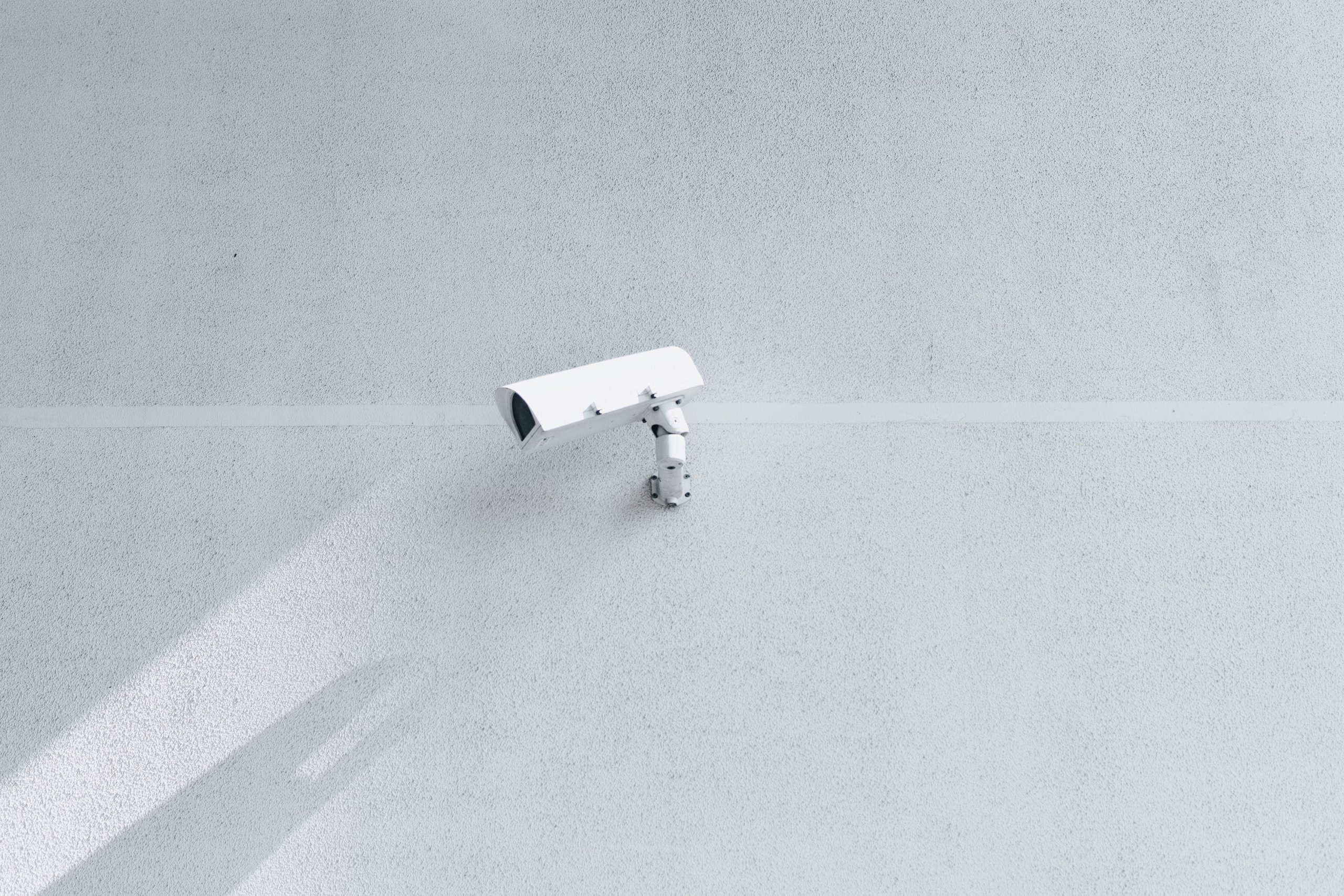Update: May 28 — Access Now is joining six organizations in calling on the Lao government to stop online surveillance and mandatory registration of social media platforms.
Update: May 27 — Today, The Laotian Times reported that the Ministry of Public Security has ordered the setting up of a “special taskforce” to track and combat “fake news” on social media platforms — including officials from its ministry, the police, and officials from the Ministry of Information, Culture and Tourism’s Mass Media Department. The report also highlighted that a man had been arrested last week for posting an alleged hoax video on TikTok. He was reportedly released with a warning.
“The setting up of this taskforce reinforces the government’s heavy-handed stance on suppressing expression and information online. Criminal sanctions are disproportionate and illegitimate — regardless of whether people are charged or not,” said Dhevy Sivaprakasam, Asia Pacific Policy Counsel at Access Now. “The fact that it will be staffed by the police and state representatives — without independent fact-checkers, civil society, or other concerned non-state stakeholders — magnifies the looming risk of attacks and harassment against individuals who should not be seen as criminals at all.”
Under international law, the right to freedom of expression and information can only be limited where the limitation is provided by law, and necessary and proportionate towards a legitimate aim. The Lao authorities’ current measures are not legal as (i) the vague definition of “fake news” does not allow individuals to be able to understand what conduct may fall foul of the law, and (ii) the measures allow for overbroad State discretion — and potential impunity — in implementation. Moreover, they are neither necessary nor proportionate.
Access Now is calling on the Lao government to immediately rescind orders for provincial authorities to keep records of social media channels to purportedly control circulation of “fake news.” This move extends existing controls over online media platforms, and risks further throttling free expression and information online.
The Vientiane Times recently reported that the Ministry of Information, Culture and Tourism had, on May 20, ordered its provincial offices to track all “official social media platforms, including websites, online news pages and Facebook pages” to be forwarded to its Mass Media Department — in an alleged bid to control false information relating to the COVID-19 pandemic.
“Across the world, we have observed an uptick in authoritarian governments abusing ‘fake news’ regulations to control narratives online. With COVID-19, they now exploit these regulations in terms of protecting health,” said Raman Jit Singh Chima, Senior International Counsel and Asia Pacific Director at Access Now.“Yet, reality tells a different story — without anyone holding the government to account, these measures violate, rather than protect, the right to health.”
This latest development compounds ever-growing restrictions in Laos, including in September last year when a government directive was issued requiring all online media outlets to register with the authorities and banning “any individual, legal entity, state or private sector from publishing or providing information to the public via social media without (state) permission”. This repeated an earlier directive for registration in 2019 which warned that unregistered platforms would risk violating domestic media and cybercrime prevention laws. The measure was justified in a bid to protect against “fake news” — even before the pandemic.
“Free expression and access to information in Laos have been deplorably restricted for years. Most people turn to social media to express opinions and share information, as the only resource to counter the state-controlled media,” said Dhevy Sivaprakasam, Asia Pacific Policy Counsel at Access Now. “The COVID-19 pretext now offers the government another veiled avenue to surveil and throttle this space.”
In an April 2020 report, Fighting misinformation and defending free expression during COVID-19: recommendations for states, Access Now provides recommendations to states on how to fight false information online while defending free expression during the pandemic. In it, we highlighted that State measures to combat disinformation and misinformation must be in line with international human rights obligations and the rule of law.
